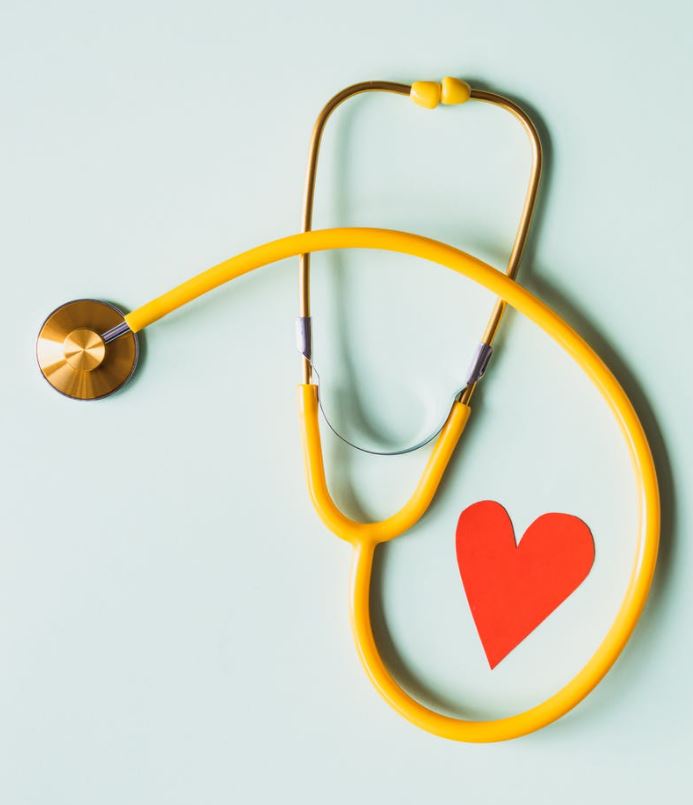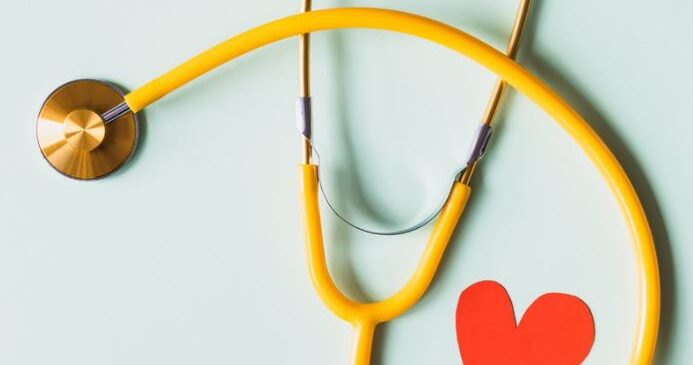Cardiovascular disease from unhealthy heart claims more lives than most other diseases. This condition can be caused by genetics or lifestyle, or other conditions, and can be life-threatening. Having an unhealthy heart that leads to cardiovascular diseases such as the following:

- Heart attacks – when the blood flow to the heart is completely cut off to the heart, blocking the arteries and therefore causing heart attacks
- Heart failure – when the heart isn’t able to pump enough blood in and out the way it normally would do
- Coronary heart disease – when plaque builds up in the two coronary arteries in the heart
- Strokes – when the blood flow from the heart to the brain is impaired or ceases due to blockage or other condition
There are many factors that can contribute to an unhealthy heart, especially for seniors, such as:
- a reduced heart rate
- thickening of the walls of the heart
- overall weakening in strength of the heart muscles
This said, it’s best to get the right treatment as soon as you spot signs of an unhealthy heart, especially in older adults.
- Snoring and sleeping problems. Snoring and sleep apnea have been directly linked to cardiovascular issues. Developing these may indicate there is something wrong with the heart.
- Aching shoulders and chest. Chest pains, especially on the left side near the heart, can be a sign of an impending or potential heart attack. The pain may be due to the death of muscle cells, while the tightness, also called angina, may be associated with an irregular and interrupted blood flow to the heart.
- Difficulty with sexual function. Erectile dysfunction is also an early warning sign of an unhealthy heart. This may be due to an improper blood flow from the heart to the penis, indicating a narrowing of arteries that is one of the major causes of heart disease.
- Irregular heartbeat. An arrhythmia can be a tell-tale sign of an unhealthy heart, as this can be an indication of an impending heart attack.
- Sore gums and jaw, mouth problems. Studies have found a correlation between gum disease and heart problems. The gums are full of blood vessels, so if it is inflamed or has bacteria, it can trigger inflammation that can affect the heart as well. Furthermore, jaw pain paired with chest pain can be a big sign of concern to watch out for.
- Swelling of legs and feet. This puffiness of the legs and feat can also be a sign of heart problems. There may be improper blood flow from the limbs to the heart, and vice versa.
- Dizziness. This may be because the blood flow from the heart to the brain may be impaired or restricted, which may lead to a heart attack or stroke.
- Shortness of breath and fatigue. Blood vessels can get backed up because of an unhealthy heart, causing it to spread to other areas of the body, including the lungs.
- Persistent cough. The blood vessels can be backed up and may take blood to the lungs, which can then increase pressure to the lungs. The cough is due to the irritation and fluid that may then build up in the lungs, in the same way that this can also cause shortness of breath.
- Random bouts of cold sweat. When you’re not doing any physical activity but find yourself sweating for no other reason, this can be a sign to watch out for, especially when paired with shortness of breath or chest pain.
To avoid these, you must take all the necessary steps to live a healthy and active lifestyle that is consistent with your goal:
- Avoid smoking
- Consider medication to control the blood pressure
- Be active or at least increase daily physical activities
- Decrease alcohol consumption.

Recent Comments